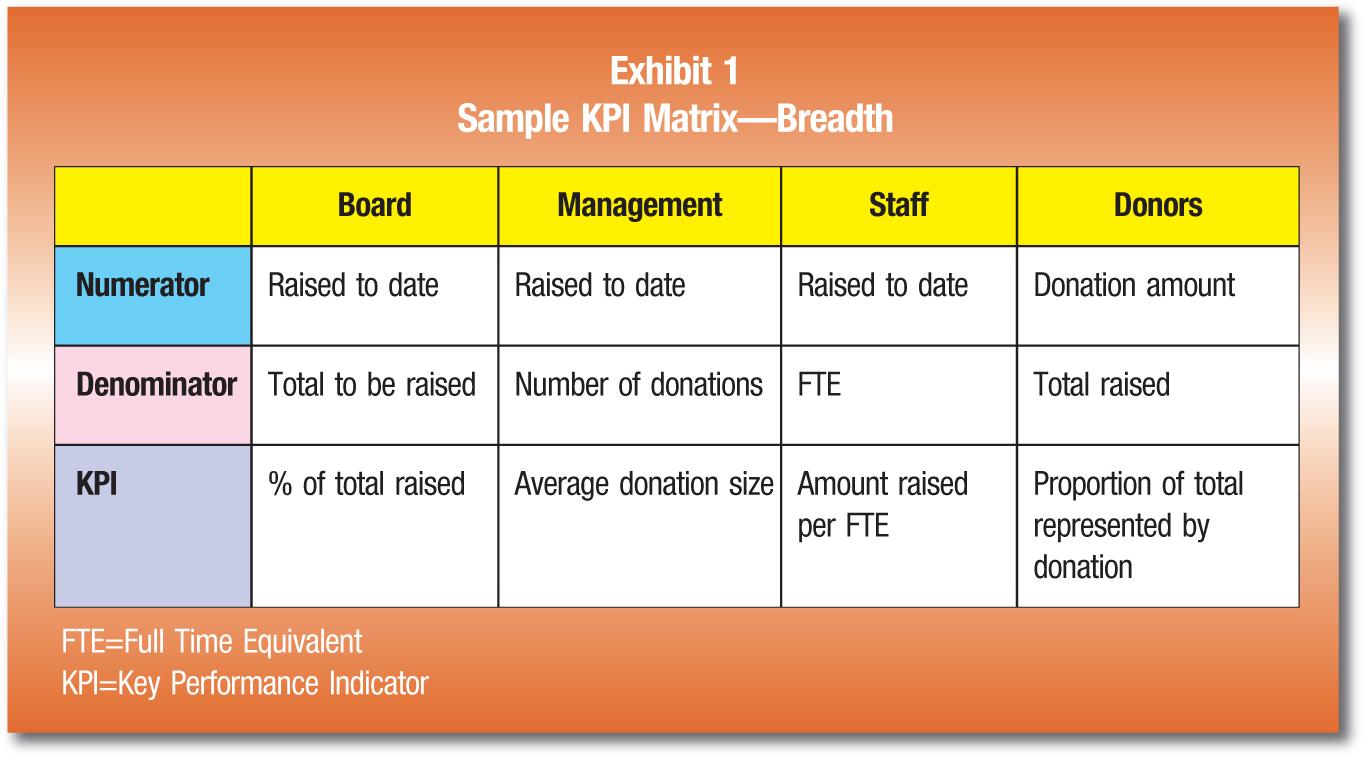In the fast-paced world of logistics, the ability to measure and analyze operational performance is key to success. From the smooth operation of transport routes to the seamless handling of shipping processes, each aspect of the supply chain plays a crucial role in ensuring efficient and reliable service. In this article, we will explore the importance of operational performance measurements in the world of logistics, transport, and shipping, and how they can be used to drive continuous improvement and optimize business outcomes. Join us on a journey through the metrics and indicators that keep the wheels of global commerce turning.
Key Performance Indicators for Logistics Efficiency
In order to effectively measure the efficiency of logistics operations, it is crucial to establish key performance indicators (KPIs) that can provide valuable insights into various aspects of the supply chain process. These KPIs play a vital role in assessing the performance of logistics, transport, and shipping activities, allowing businesses to identify areas for improvement and optimization.
Some of the include:
- On-time Delivery: Ensuring that shipments are delivered within the specified timeframe.
- Cost per Mile: Calculating the cost of transporting goods per mile to identify cost-saving opportunities.
- Inventory Turnover: Measuring the rate at which inventory is sold and replaced, indicating how efficiently goods are moving through the supply chain.
- Warehouse Utilization: Evaluating the efficiency of warehouse space utilization to maximize storage capacity.

Utilizing Data Analytics to Improve Transportation Operations
Data analytics has revolutionized the transportation industry, allowing businesses to optimize their operations and improve efficiency like never before. By leveraging the power of data, companies can gain valuable insights into their transportation operations, leading to cost savings, increased performance, and better customer service. With real-time data analysis, businesses can monitor key performance indicators, identify bottlenecks, and make data-driven decisions to streamline their logistics processes.
Through the use of advanced analytics tools, businesses can track and measure various operational metrics, such as on-time delivery rates, fuel efficiency, vehicle utilization, and driver performance. This data can help companies identify areas for improvement, implement targeted strategies, and ultimately enhance their overall transportation operations. By harnessing the power of data analytics, businesses can stay ahead of the competition and drive continuous improvement in their logistics, transport, and shipping processes.

Implementing Real-Time Tracking to Enhance Shipping Visibility
Implementing real-time tracking in the shipping industry is revolutionizing how companies manage their logistics operations. By leveraging advanced technologies like GPS and IoT devices, companies can now track the movement of their shipments in real-time, providing them with valuable insights into the status and location of their goods at any given moment. This level of visibility not only improves customer satisfaction by enabling accurate delivery estimates but also helps companies optimize their supply chain processes for greater efficiency and cost savings.
With real-time tracking, companies can easily monitor key performance indicators (KPIs) such as delivery times, transit routes, and shipment statuses. This data allows for more informed decision-making, leading to improved operational performance and better resource allocation. By utilizing advanced tracking solutions, companies can proactively address any delays or disruptions in the shipping process, minimizing the potential impact on customer satisfaction and overall business performance. Additionally, real-time tracking enables companies to enhance collaboration with their partners and stakeholders by sharing up-to-date information on shipment locations and statuses, ultimately leading to smoother and more efficient supply chain operations.
Strategies for Streamlining Supply Chain Processes
When it comes to streamlining supply chain processes, operational performance measurements play a crucial role in ensuring efficiency and effectiveness. By tracking key metrics and analyzing data, businesses can identify areas for improvement and implement strategies to optimize their logistics, transport, and shipping operations.
One effective strategy for streamlining supply chain processes is the implementation of real-time tracking and monitoring systems. By leveraging technology such as GPS tracking devices and IoT sensors, businesses can gain greater visibility into their supply chain activities, allowing them to proactively address issues and make informed decisions. Additionally, implementing lean principles such as just-in-time inventory management and continuous improvement cycles can help reduce waste and streamline operations for enhanced efficiency and cost savings.
To Wrap It Up
In conclusion, operational performance measurements play a crucial role in the logistics, transport, and shipping industries. By consistently monitoring and analyzing key indicators, companies can improve efficiency, reduce costs, and enhance customer satisfaction. It is important for organizations to adapt to the ever-changing landscape of the industry and utilize advanced technologies to stay ahead of the competition. With a strong focus on operational performance measurements, businesses can navigate challenges, streamline processes, and drive success in the fast-paced world of logistics. Thank you for reading!
